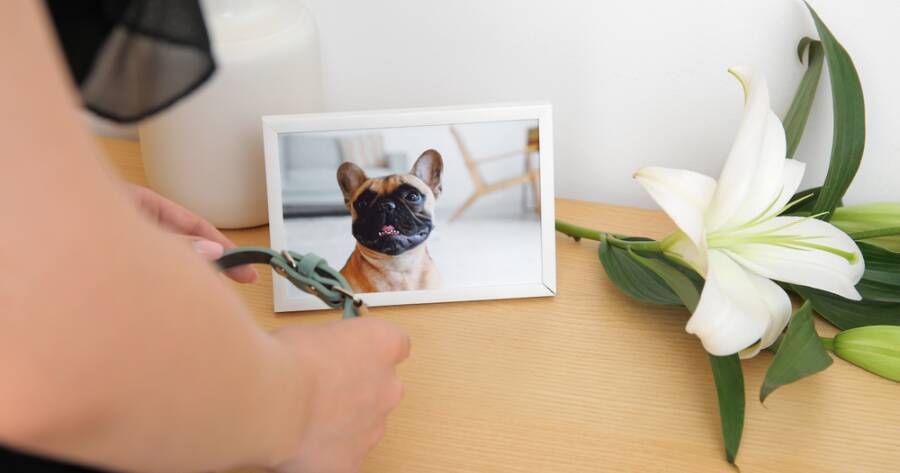Losing a pet feels like losing a piece of your heart. They’re woven into daily routines, memories, and even the quiet moments you didn’t realize you cherished until they were gone. Yet grief for pets is often misunderstood or minimized by others, leaving many people to mourn in silence. Saying goodbye is never simple, but it is deeply human. Pets may only be part of our lives for a time, but they leave an imprint that lasts forever.
The Weight of Unspoken Grief
Pet loss can feel isolating because society often downplays its significance. Friends may offer kind words but not fully grasp the depth of the bond. This lack of recognition makes grieving harder, as if the pain must be hidden. But mourning a pet is as real as mourning any loved one—because they were family.
Acknowledging that grief is valid is the first step toward healing. It’s okay to cry, to miss them fiercely, and to feel the empty space they leave behind. Your love for them was real, and so is your loss.
The Daily Rhythms That Linger
What makes pet loss unique is how it disrupts daily life. Their absence is felt not only in big moments but in the small, ordinary rituals: feeding them in the morning, hearing their paws on the floor, or greeting them after work. These routines leave echoes that make the grief sharper.
It can be jarring to realize how much of your day revolves around caring for them. Honoring those rhythms—by lighting a candle at feeding time or taking a walk in their memory—can help ease the transition. Rituals offer comfort in the face of emptiness.
When Others Don’t Understand
Not everyone understands the pain of pet loss, which can make grieving feel lonely. Some may dismiss the sadness or urge you to “just get another pet.” While well-meaning, those responses can feel invalidating. What’s often needed isn’t advice, but simple acknowledgment: that your loss is real and deserving of space.
Seeking support from pet loss groups, online communities, or friends who share the bond of animal companionship can provide the understanding you crave. Grief becomes more bearable when you’re reminded you’re not alone in it.
The Complicated Mix of Emotions
Grieving a pet often brings unexpected emotions—guilt, regret, or even relief. You might wonder if you did enough, made the right decisions, or acted too soon. These feelings are normal but can be heavy to carry. Compassion toward yourself is key. You loved your pet, and you did the best you could with the information and resources you had.
Allowing the full range of emotions (sadness, anger, even laughter at happy memories) helps the healing process. Grief is rarely neat. It’s layered, shifting, and deeply personal. Giving yourself permission to feel it all honors the depth of your bond.
Honoring Their Memory
One way to cope with loss is to find meaningful ways to honor your pet’s life. Creating a photo album, planting a tree, or donating to an animal shelter in their name can transform grief into remembrance. These actions keep their presence alive in tangible ways, offering comfort while you adjust to life without them.
Even small gestures—keeping their collar on a shelf, or telling stories about them to friends—can soften the ache. Remembering them isn’t about holding onto pain; it’s about carrying their love forward into the future.
Love That Doesn’t End
Grieving a pet is a reminder that love doesn’t disappear when life does. The bond you shared continues, woven into your memories and your heart. Saying goodbye is hard because the love was deep, and that love doesn’t vanish. It changes form, becoming part of the person you are now. Allow yourself to grieve, to honor, and to remember. Because while your pet’s time on earth may have ended, the joy they brought remains forever yours.

